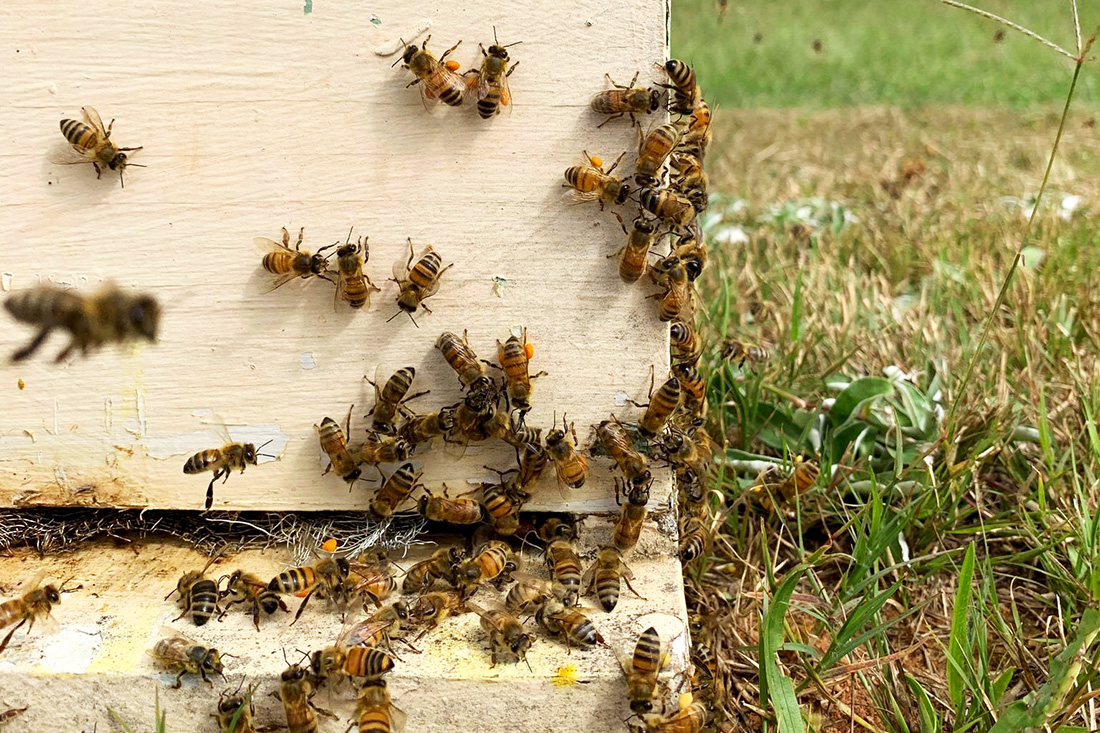University of Georgia

Volume XXXIII |
The following true stories are garden horror at their worst. We don’t want it to happen to you.
One morning a man noticed a leak in a bottle of herbicide. Not wanting to waste the pesticide, he dumped his coffee cup and used the cup to catch the leakage. Later, he accidentally sipped the pesticide. He died 10 days later.
A young girl used pesticides from the garden shed to make a potion. She drank a small amount of the mixture and died several days later.
A man used a soft drink bottle to transport an herbicide. The bottle was left in the car along with two small children, and one child died.
To prevent pesticide death,
• Never put pesticides in any food or drink container. Even if you clearly label the container, someone may accidentally drink from it.
• Never store pesticides where a child can reach them. Keep in mind that many child victims are not poisoned at their own homes.
• Do not buy pesticides that carry the signal word DANGER unless you really need them and can store them securely. These are particularly hazardous.
• Read the label carefully before you buy a pesticide. Be sure the pesticide is labeled for the use site. Last year, a lady used a pesticide not labeled for food crop application in her garden. We advised her to destroy the plants because she could not safely eat any of the vegetables.
• Follow the label directions carefully. It is illegal and unsafe to use more pesticide than the label indicates. Additionally, you may harm the plants you are trying to protect.
• At a minimum, wear plastic/rubber gloves, long sleeves, long pants, socks and shoes when you apply pesticides. The label may direct you to wear additional protection as well.
• Read the environmental cautions on the label before you buy the product. Some pesticides are highly toxic to fish, birds and bees. You may decide to use a different product.
Call your local Extension office at 1-800-ASK-UGA1 for ways to manage pests with fewer pesticides. Some pests can be controlled with little or no pesticide.






